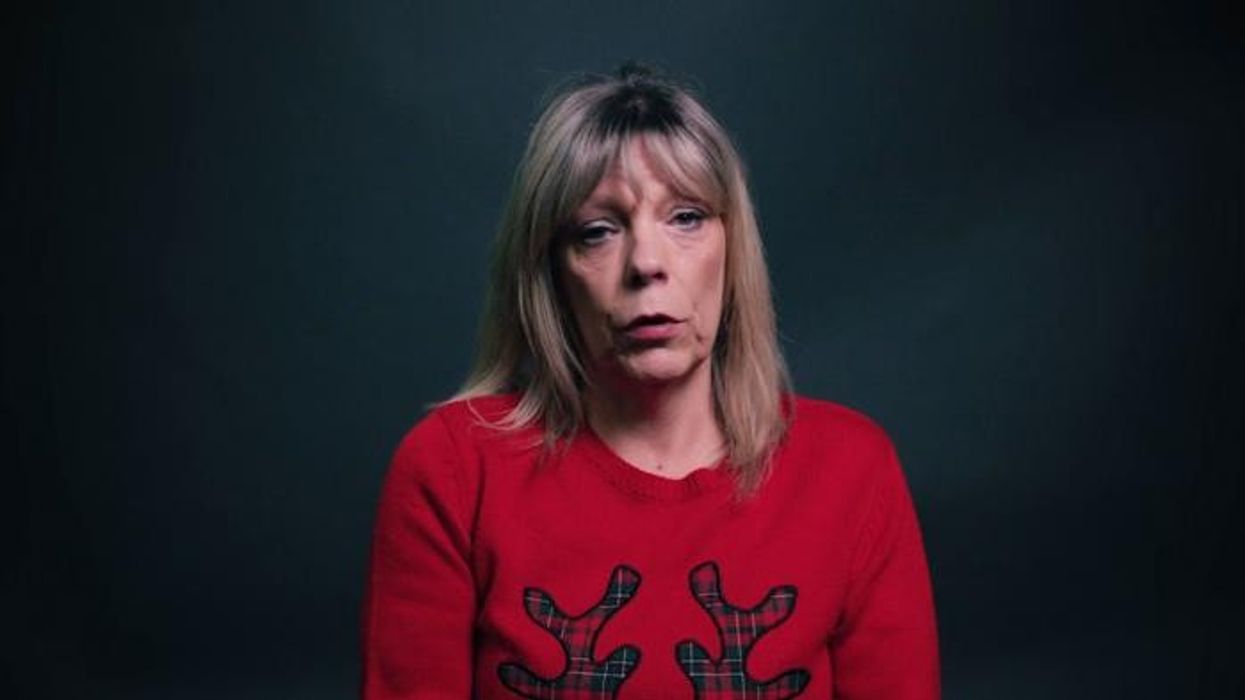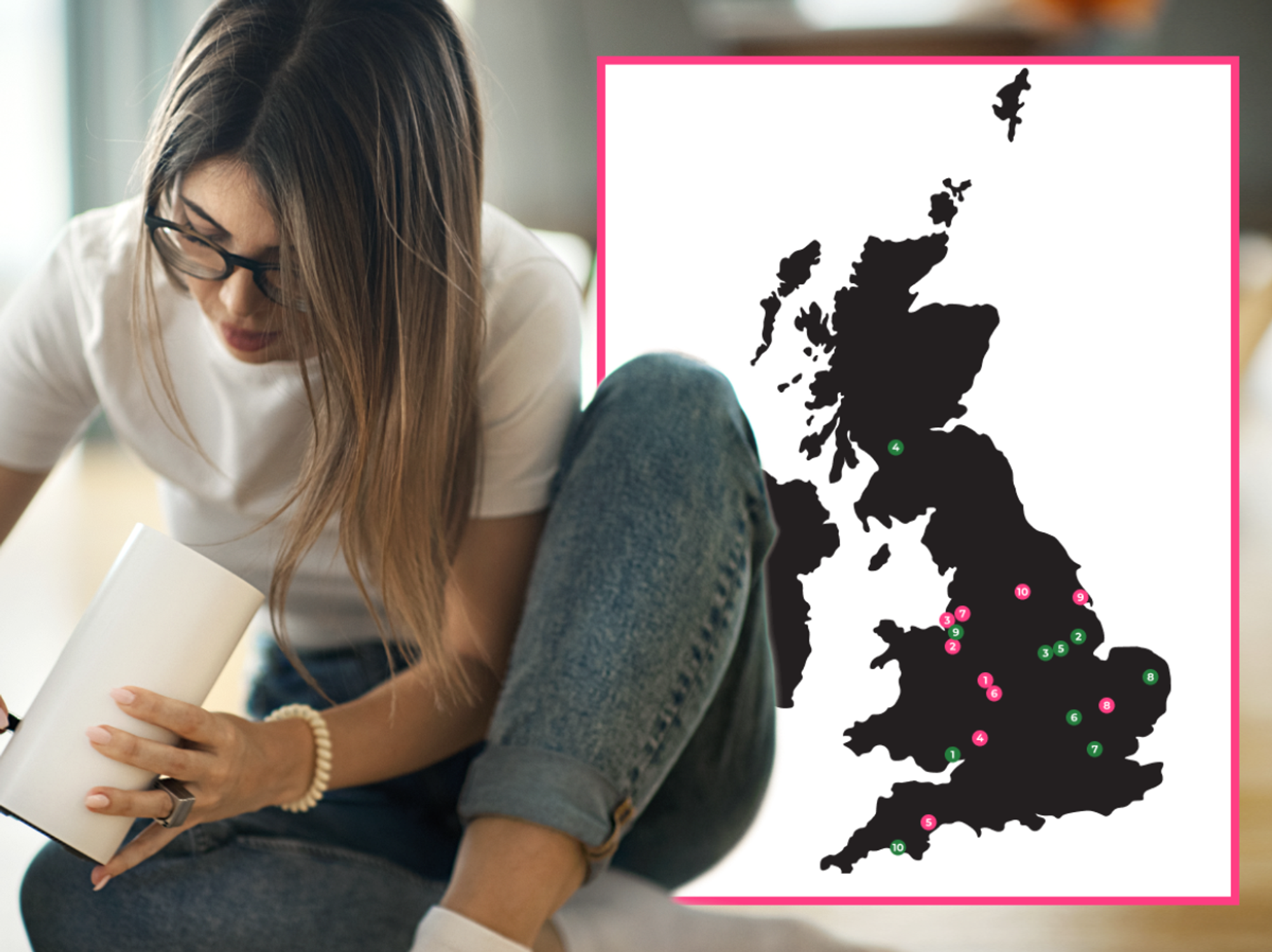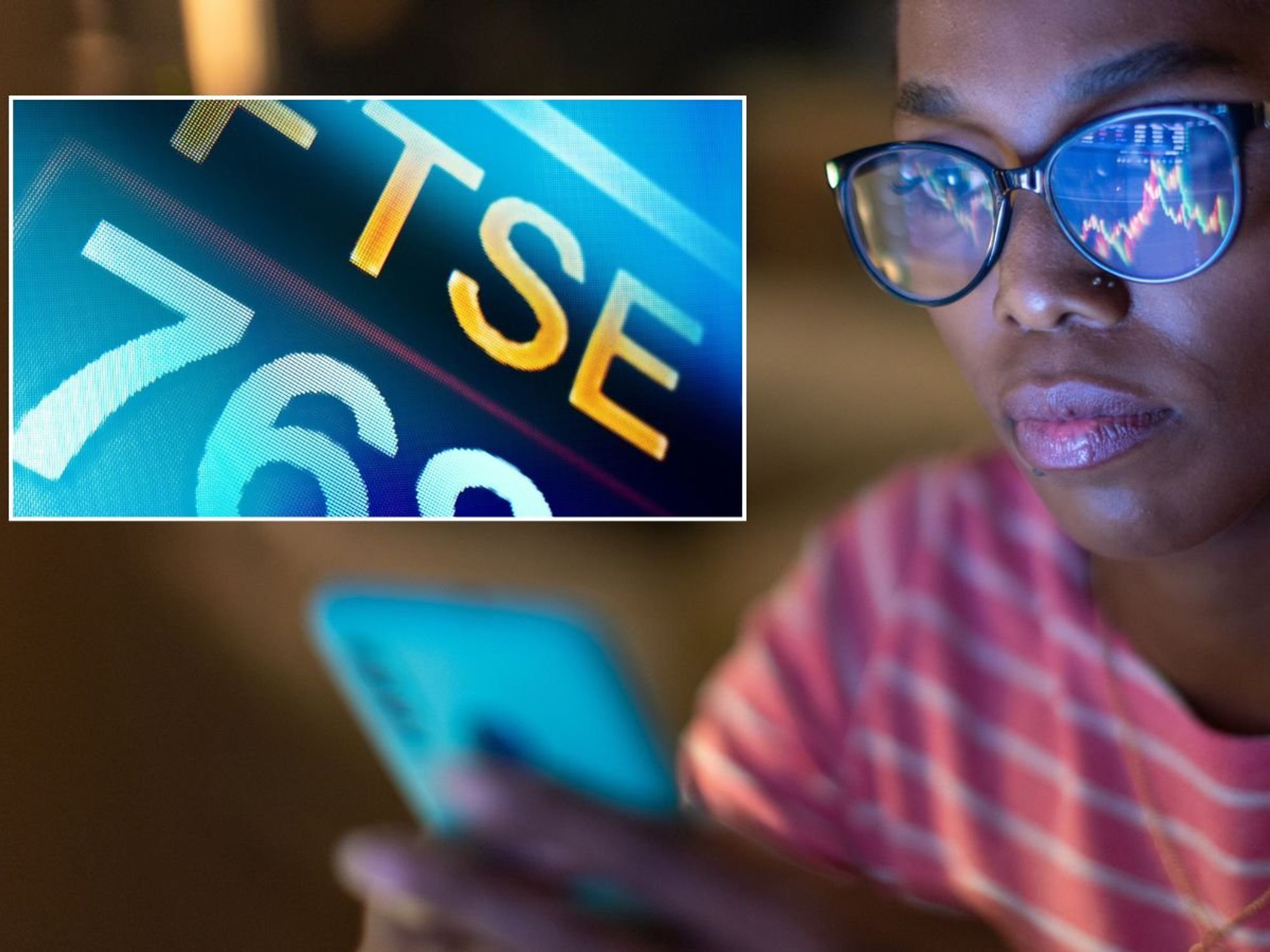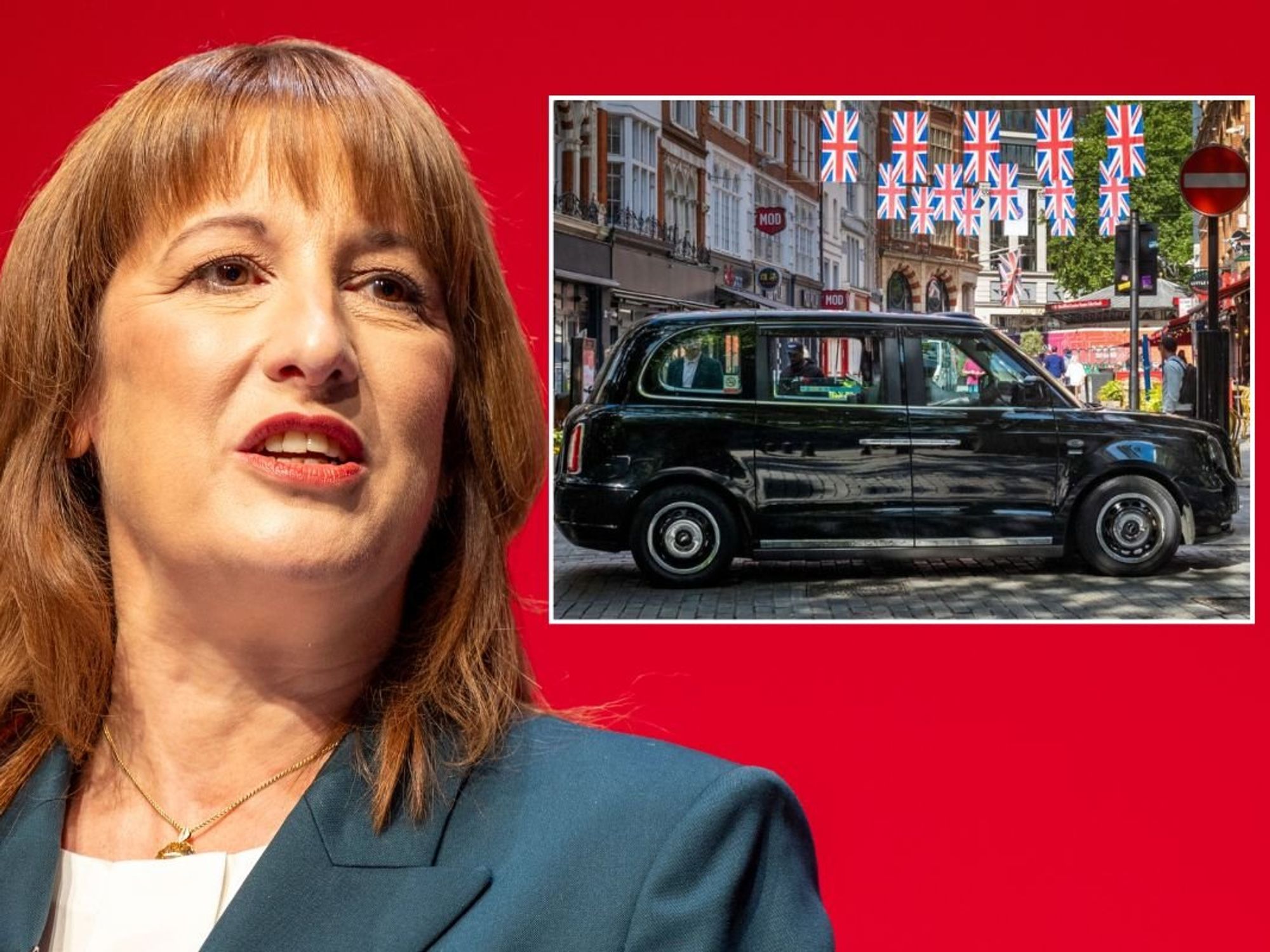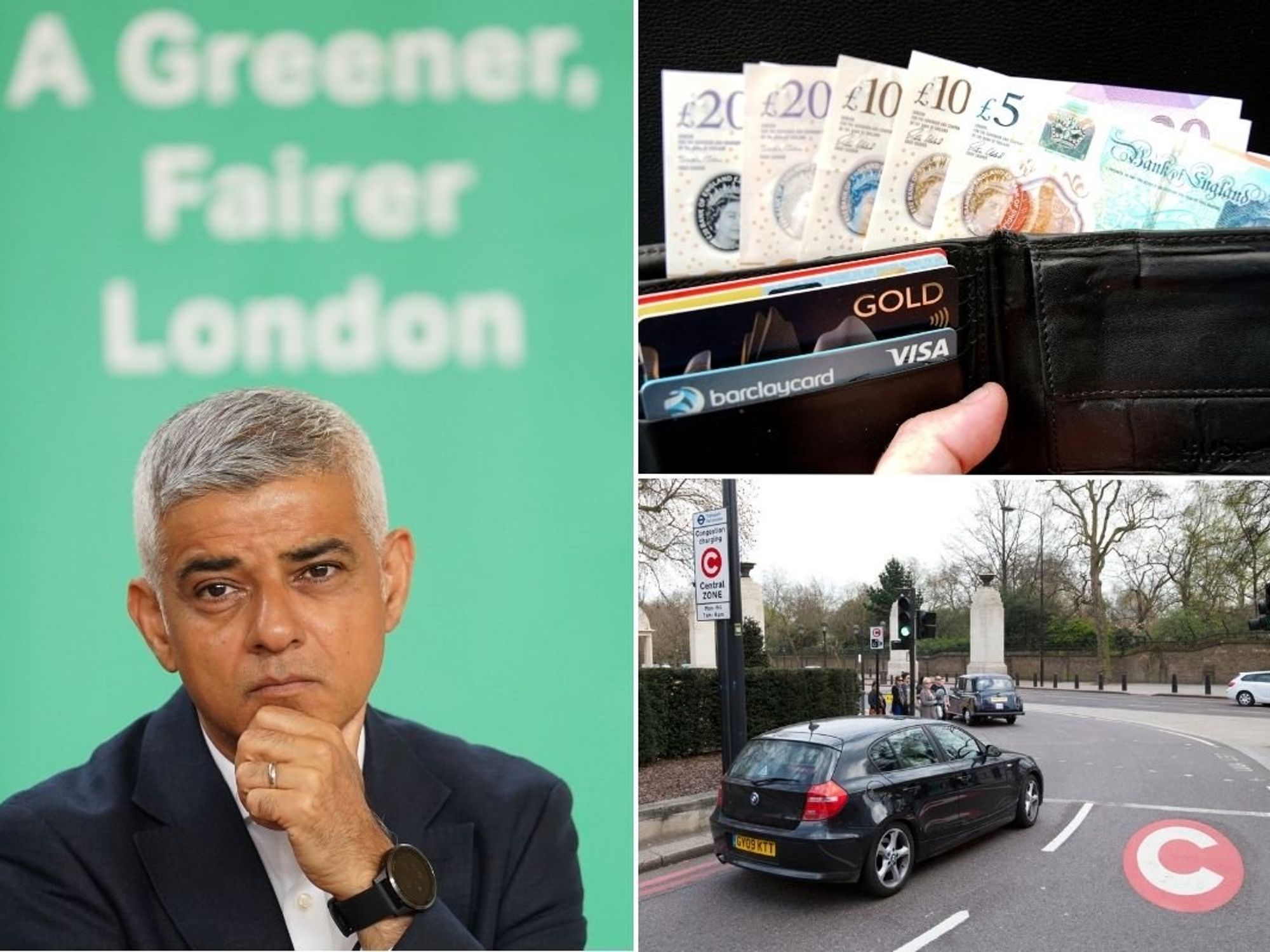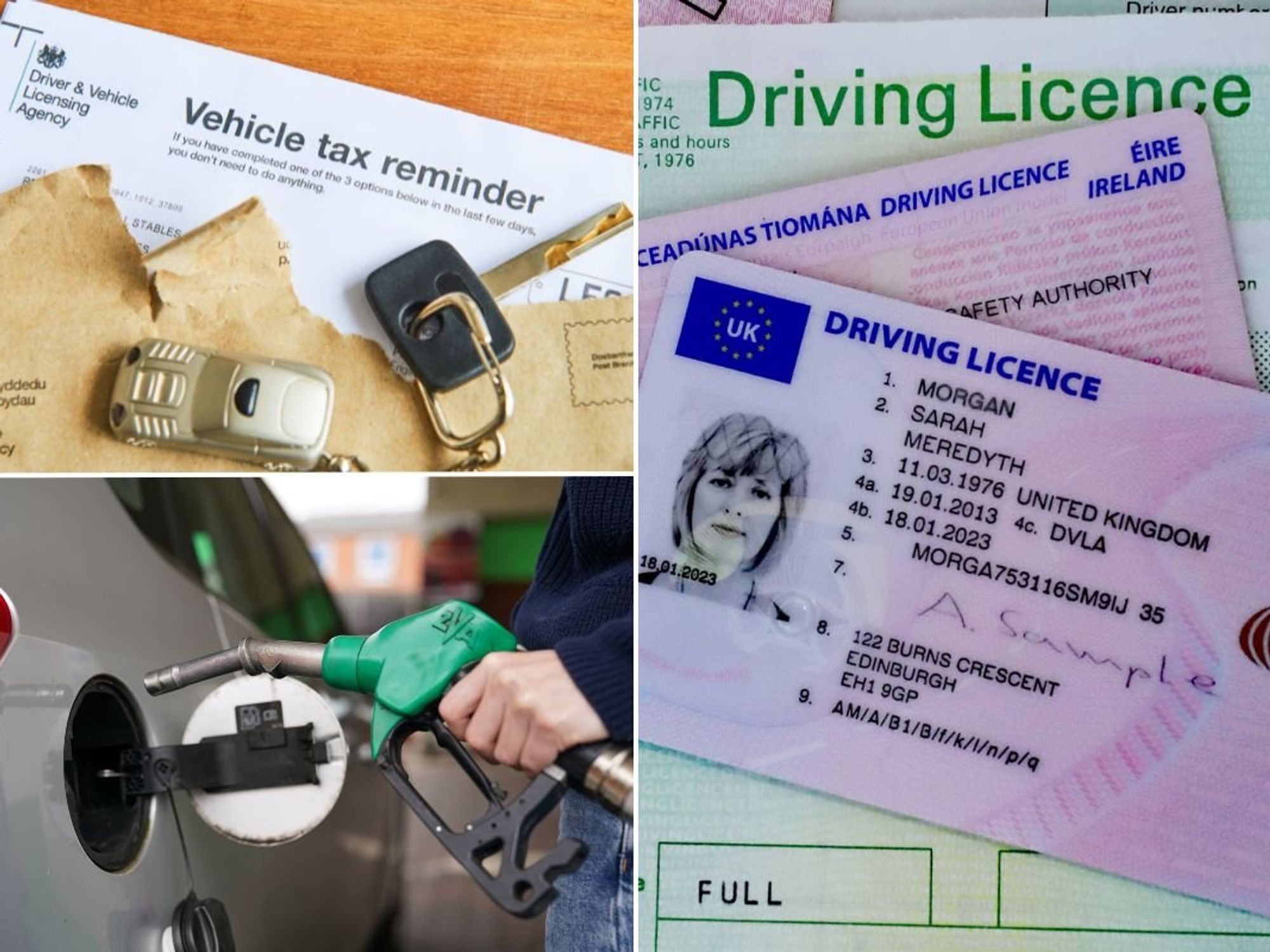Police forced to conduct more roadside drug and alcohol tests this Christmas amid spike in rulebreakers

The number of breathalyser tests has been dropping in recent years
Don't Miss
Most Read
Latest
Police have had to increase the number of roadside breathalyser tests for drugs and alcohol after data found that drivers are more likely to cause a collision on UK roads around this time of year.
The increase follows a report which found that last year there were 276,914 drug or alcohol tests conducted in England and Wales, three per cent more than in 2022.
According to the latest Department for Transport figures, 300 deaths relating to drunk driving were recorded in 2022, a sharp rise of 15 per cent since 2009.
The report also found that there were 6,800 casualties in drink-driving accidents, with drunk drivers accounting for 17 per cent of road deaths.
Do you have a story you'd like to share? Get in touch by emailing motoring@gbnews.uk
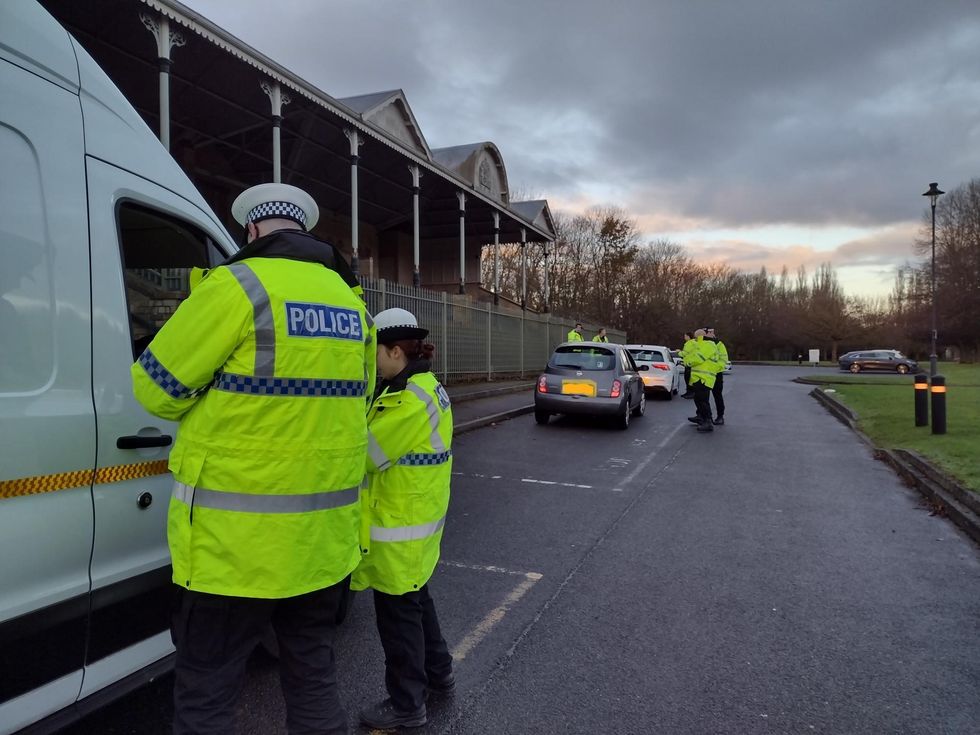
Police have launched operation limit to crackdown on drink-driving
|LINCOLNSHIRE POLICE
Hunter Abbott, managing director of personal breathalyser firm AlcoSense, explained that while the increase in tests by police is a good thing, it is “still significantly lower” than it should be.
He said: “But despite the relatively low number of tests, it’s still a shocking fact that nearly 45,000 motorists were found to be over the legal limit (or refused to provide a sample).
“The report also warns drivers they are far more likely to be breathalysed over the Christmas period than in other months. In December last year, nearly 50,000 breath tests were carried out, compared with the monthly average of just over 20,000”.
Meanwhile, a survey by the charity Drink Aware revealed that almost two-thirds (64 per cent) of respondents intend to drink more alcohol over Christmas than they typically would at other times of the year, highlighting the danger this could cause road users.
Karen Tyrell, CEO of the charity, explained that the Chief Medical Officers’ low-risk drinking guidelines recommend that people should not drink more than 14 units over a week.
This roughly translates to six standard glasses of wine or six pints, spread evenly over the week with several drink-free days.
She said: “It is good to see more young adults opting for no and low-alcohol drinks. They’re a good way to help you moderate your drinking, when swapped for an alcoholic drink, especially if you are going out more in the next few weeks.
“It can be very easy to get carried away over the festive season, a good way to find out how your drinking is affecting your health is to take the Drinkaware Drinking Check. It is quick and easy and provides you with great personalised advice.”
The warning about drink-driving can also help motorists avoid hefty fines. Under UK law, if caught driving while under the influence of drugs or alcohol, drivers risk three months’ imprisonment, a fine of up to £2,500 and a possible driving ban.
This year, police forces across the UK have launched Operation Limit which will be specifically targeting drunk driving cases.
Inspector Jason Baxter of the Roads Policing Unit at Lincolnshire Police said: "Enforcement against drink and drug driving is part of our daily business and something we do year-round.
“Operation Limit is about focussing and reinforcing these efforts throughout December – a month in which we know the festive period sees more people out celebrating. We are reminding drivers of the consequences of being over the limit which can include a hefty fine, a driving ban, and a criminal conviction.”
LATEST DEVELOPMENTS:
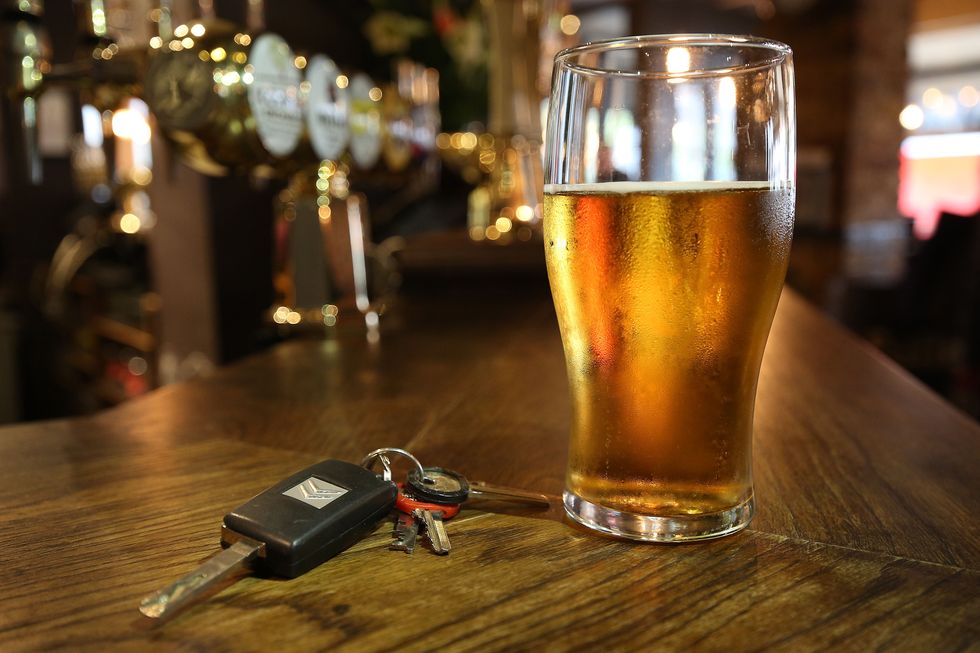 The current alcohol limit is 80mg of alcohol per 100ml of blood | PA
The current alcohol limit is 80mg of alcohol per 100ml of blood | PAThe legal alcohol limit in England, Wales and Northern Ireland for driving is 80 milligrams of alcohol per 100 millilitres of blood or 35 micrograms of alcohol per 100 millilitres of breath. This is roughly two small glasses of wine or a pint of beer.


